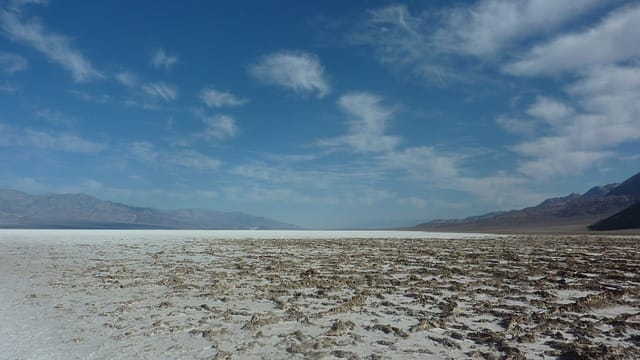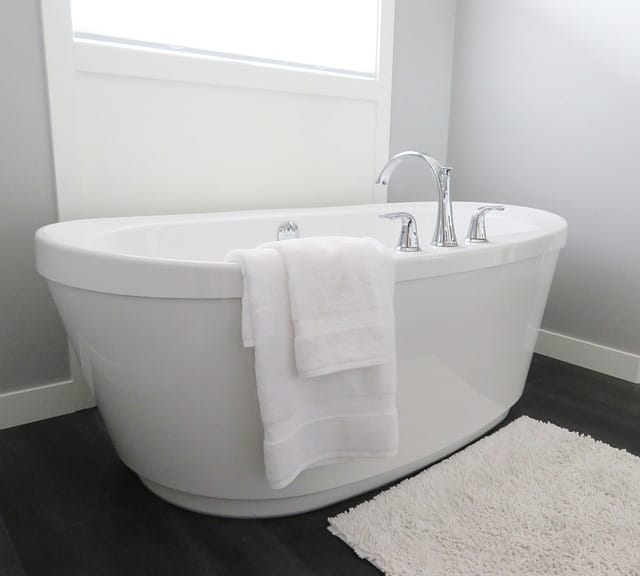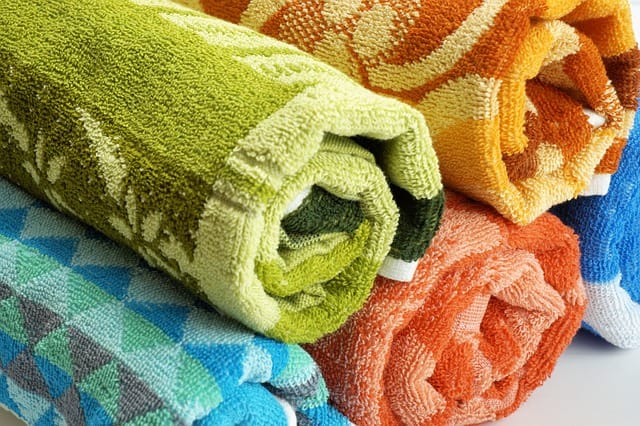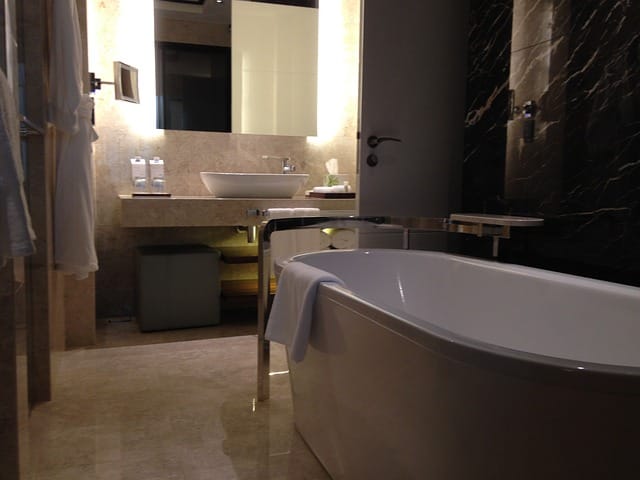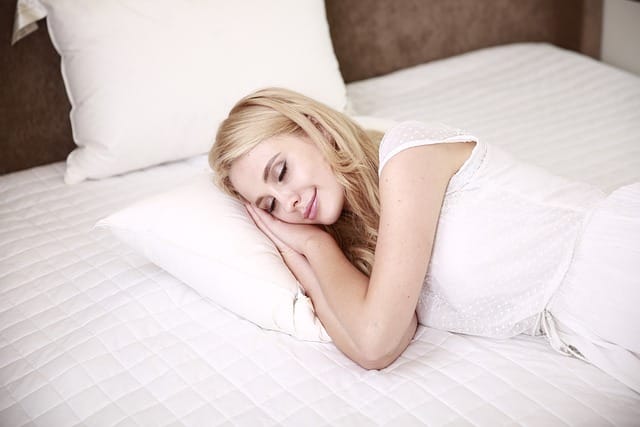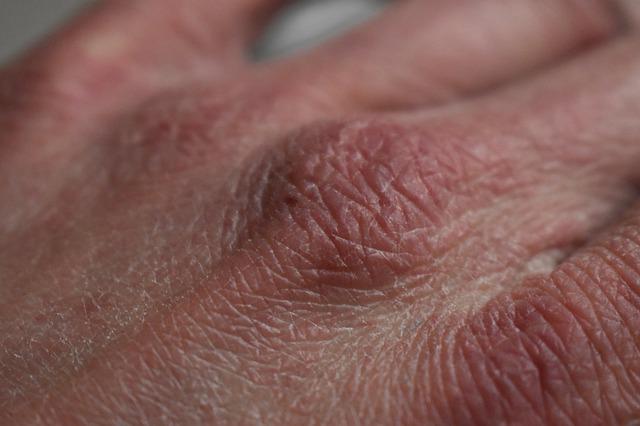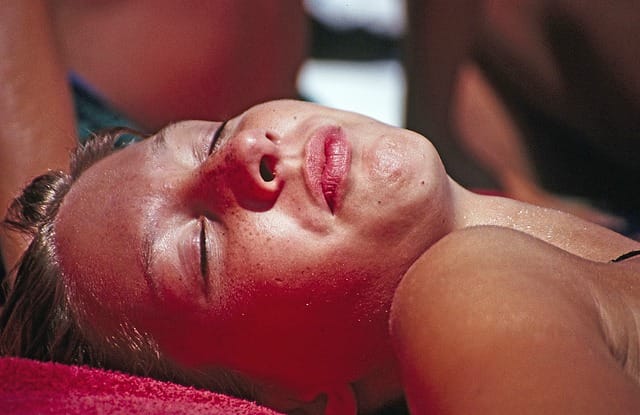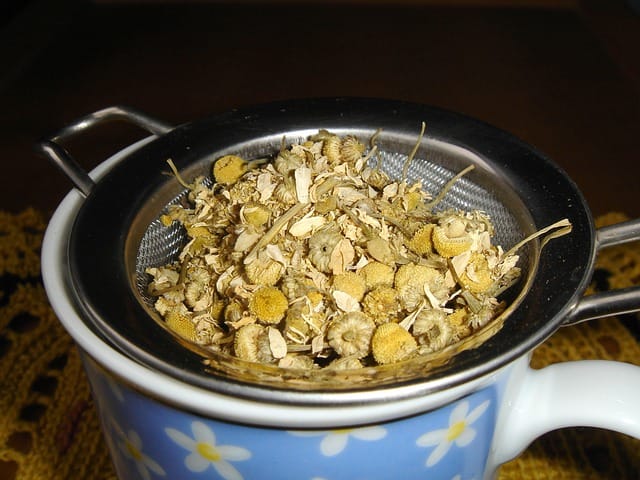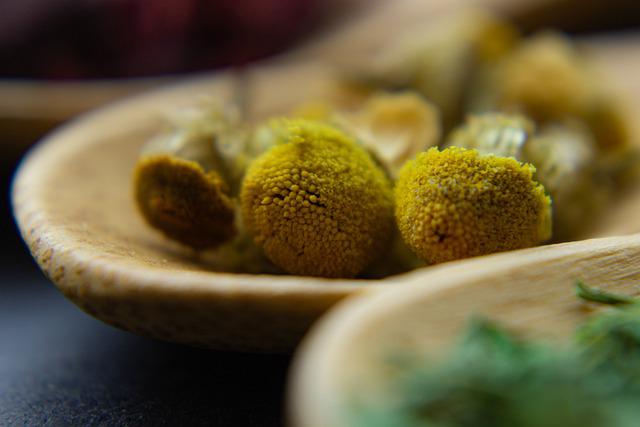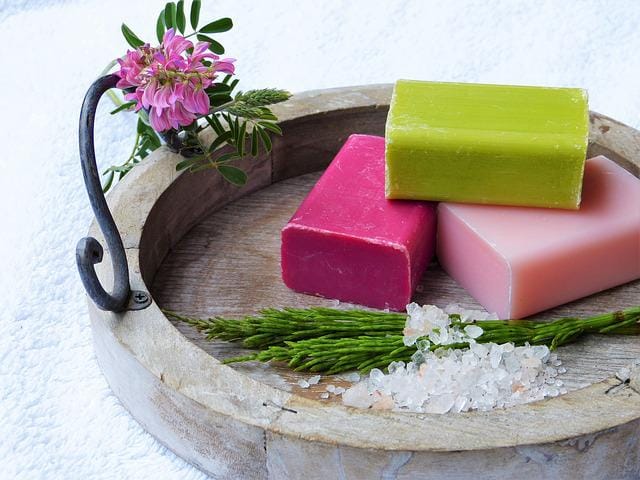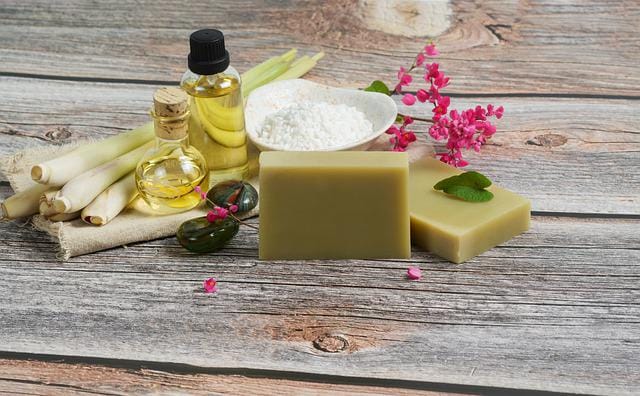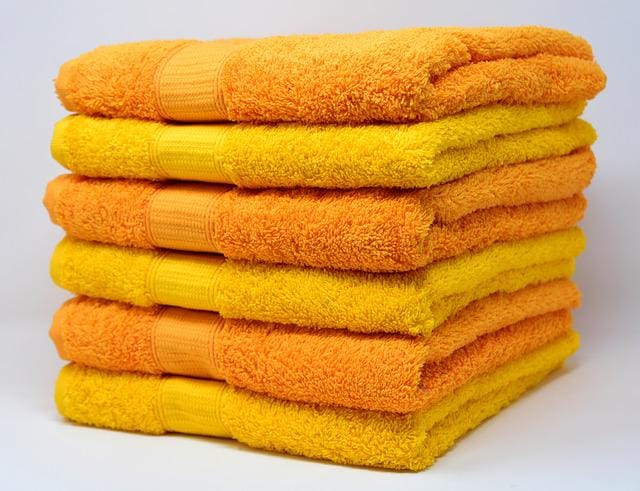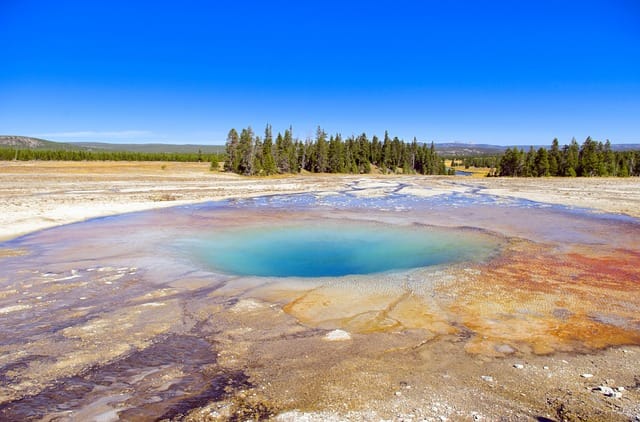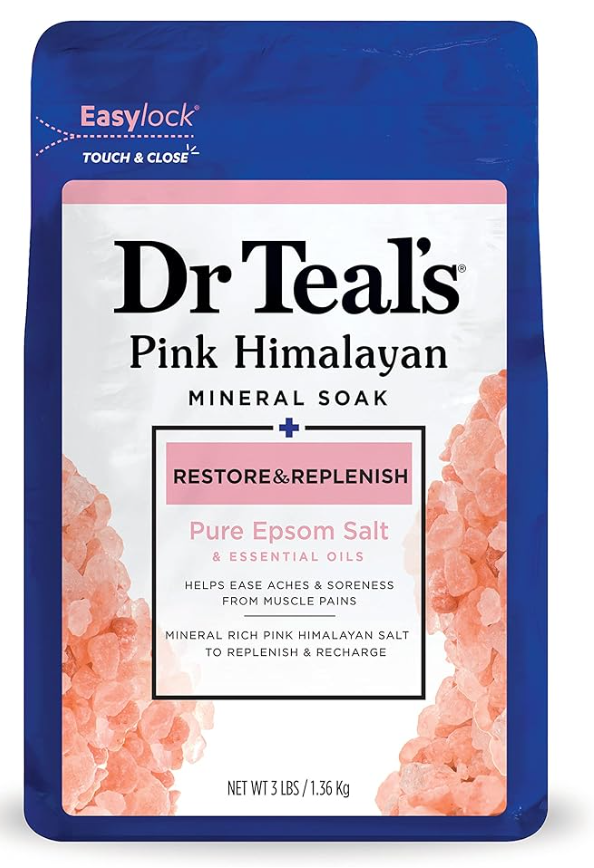How hot should your bath water be? Is there a temperature that is too hot? What is that temperature? Why does it matter?
| The ideal temperature for your bath water is the normal temperature of your body; 98℉ to 100℉. But if you are like me, you want a nice hot bath to warm you up, relax your body (and hopefully your mind), and when taken in the evening, will help induce sleep. |
Water that is higher than 105℉ is too hot, and can cause serious side effects. So the answer to how hot is too hot is anything over 105℉.
How To Measure Temperature
You have a choice in thermometers; analog or digital. There are many fun digital ones shaped like a fish or a frog. So using one of those with children would make bath time more interesting for them.
However, digital thermometers are not as accurate as analog ones, so it is recommended to use an analog. True, they aren’t as fun, but I want accuracy, so I’m recommending analog. And if you are interested in teaching children how to read a thermometer, then analog is the way to go. (Like teaching them to read an analog clock!)
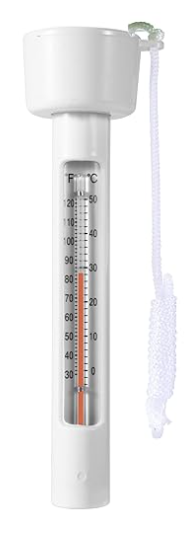
I like this Floating Pool Thermometer from Kingsource at Amazon because it is submersible and easy to read. It’s also an Amazon choice pick.
If you purchase this through the link, then I receive a small referral fee as an affiliate marketer.
Setting Your Water Heater At A Safe Temperature
This is a proactive measure you can take to make sure your bath water will never be too hot. It is commonly recommended to set your water heater at 120℉. Although up to140℉ is acceptable, if you have elderly or children in the house, 120℉ is safer.
You will save on energy costs as well when you set it to a lower temperature, though only by 3 – 5%. If you are unsure how to set your water heater, call a plumbing business.
Side Effects Of a Too Hot Bath
Very hot water on your skin will strip your skin of natural oils, which act as protection for your skin. Take the protection away, and you may experience rash, dry skin, itchy skin, inflamed skin, and maybe even peeling! Why would you want to do this to yourself?
Once you have removed those protective oils you are more susceptible to infections of your skin. Those with psoriasis, eczema, or rosacea may aggravate the conditions. Therefore, it is best to bathe in water that isn’t too hot.
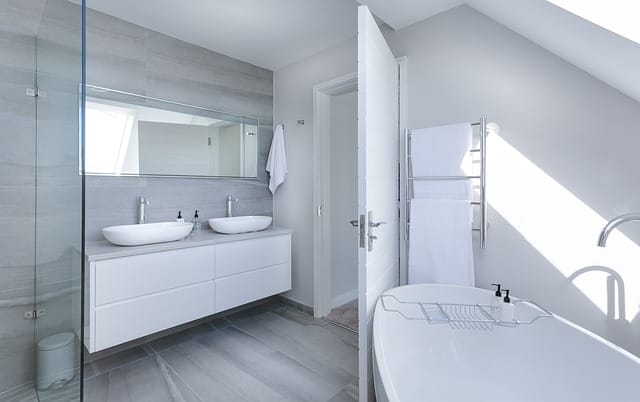
You can counteract the drying effect of water by using an oil in your bath. However, oils will cause the tub to be slippery so be very careful. A safer practice is once you are out of the bath to pat yourself dry instead of rubbing the towel over your skin. Then apply a moisturizing lotion.
Another problem not often addressed is that prolonged exposure to hot water can cause dizziness and fainting. This is the obvious precaution when using a hot tub, which is of course usually hotter than your bath. Nevertheless, some people are prone to lightheadedness, and should be aware of sitting in a hot bath for too long.
The elderly are particularly susceptible to this problem, and should therefore be advised as well as monitored if appropriate.
Benefits Of Hot Bath
Don’t get me wrong, there are many benefits to a hot bath. Just be sure it isn’t too hot!
Some benefits are:
Relaxes Nerves And Muscles
Warm water surrounding sore nerves and muscles helps them to loosen and therefore, relax. This can lead to less pain in certain areas.
Prepares You For Sleep
By relaxing your body, mind and endocrine system your body relaxes from stress and therefore helps you to become sleepy.
Aids Healing
A warm bath can aid in healing as hot water increases blood flow and thereby sending healing cells to the injury.
Makes You Happier!
Apparently bathing in warm water can release serotonin, which is a hormone that contributes to a positive outlook. In some studies, people with depression appeared to benefit from regular warm bathing.
Should you want to read about further benefits of a warm bath, here is a helpful article, and it has science behind it! 10 Scientifically Proven Health Benefits of Taking a Bath.
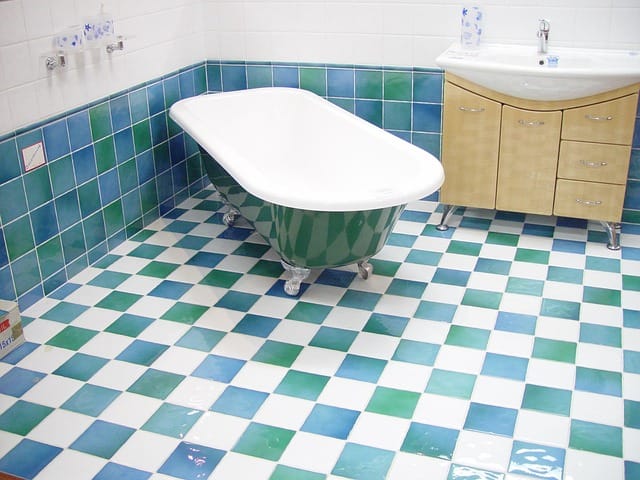
Other Helpful Practices
When washing your face, you should use only cold water. And use a cleanser made specifically for facial cleansing. Regular soap is too harsh for your face.
When washing your hair, use cooler water than the hot water in your bath or shower. This helps keep some of the healthy oils in your hair and therefore won’t dry it out.
Summary
In conclusion I recommend you follow these steps for a safe and healthy bath experience.
- Use a thermometer to test the temperature of your bath. Especially if you are bathing a small child, or are an elderly person. Make sure the water temperature is not 105℉ or hotter.
- Use a moisturizing oil, but be safe! Better yet do #3. Also see my article How To Be Safe in the Bathtub for more safety tips.
- Pat yourself dry and then apply lotion.
If you have comments or questions please leave them below. And here’s to an enjoyable and safe bathing experience!
